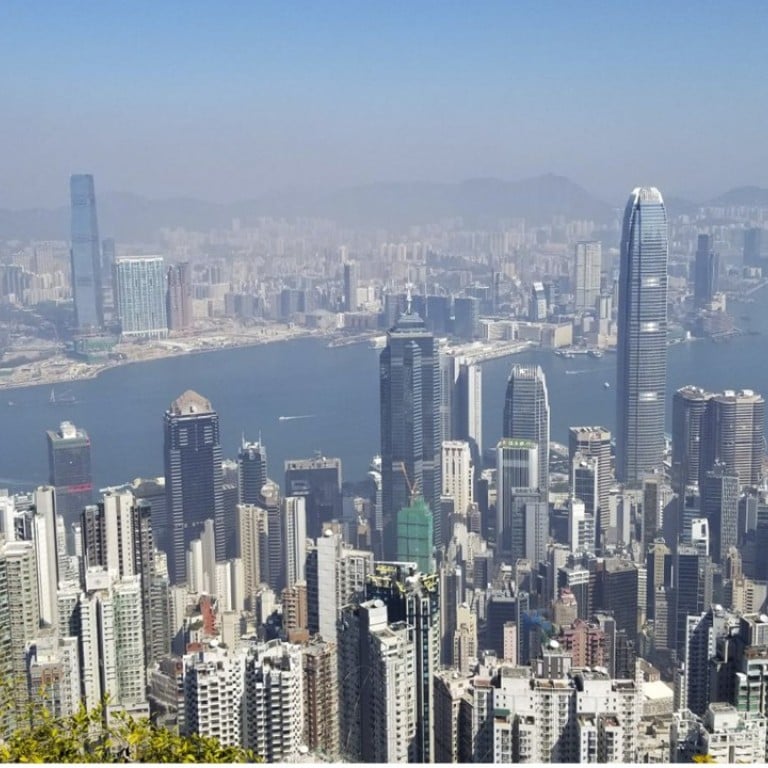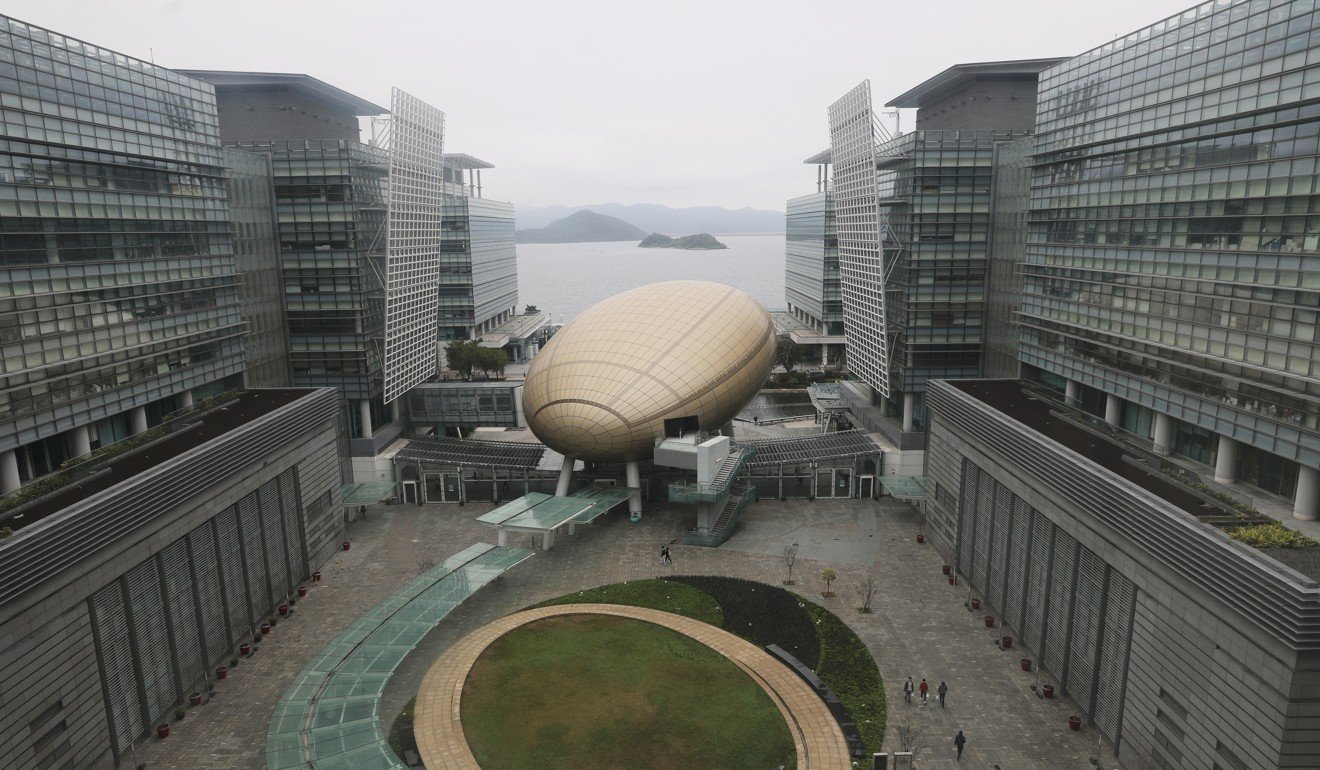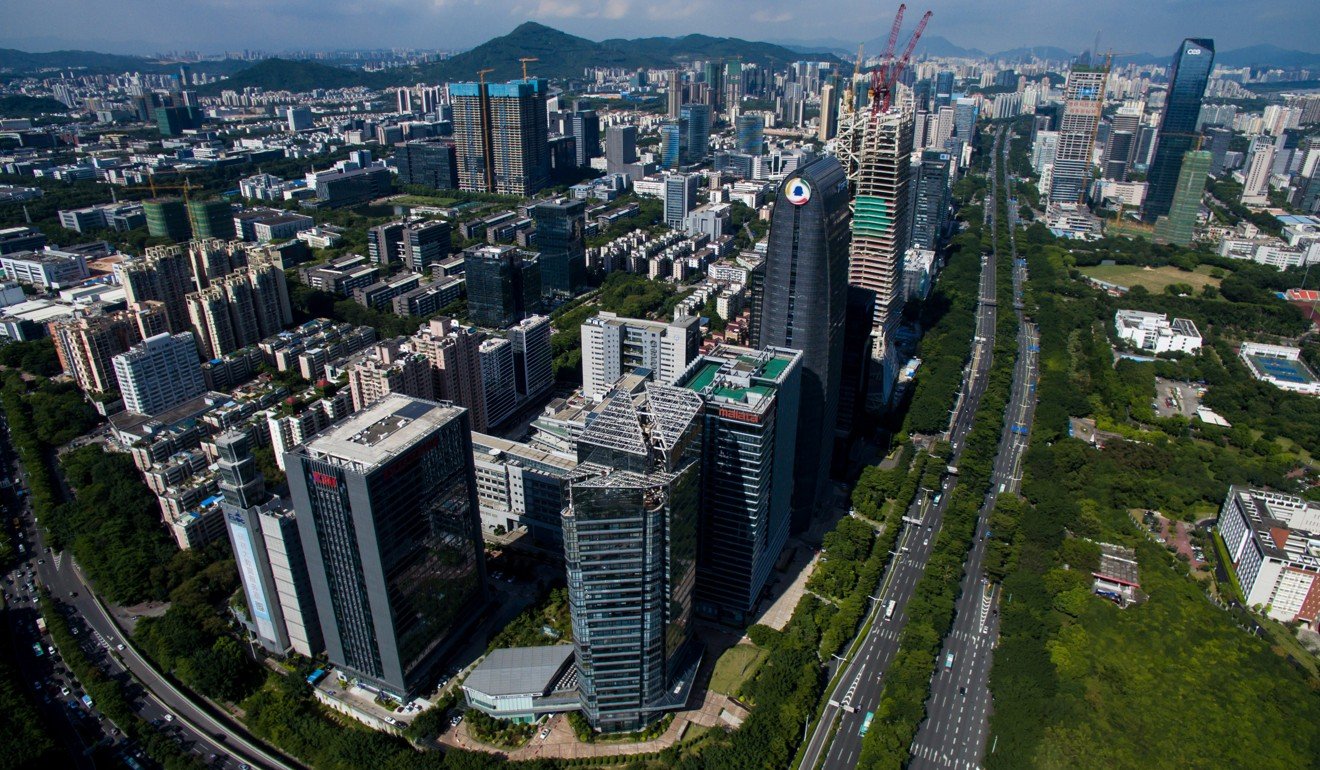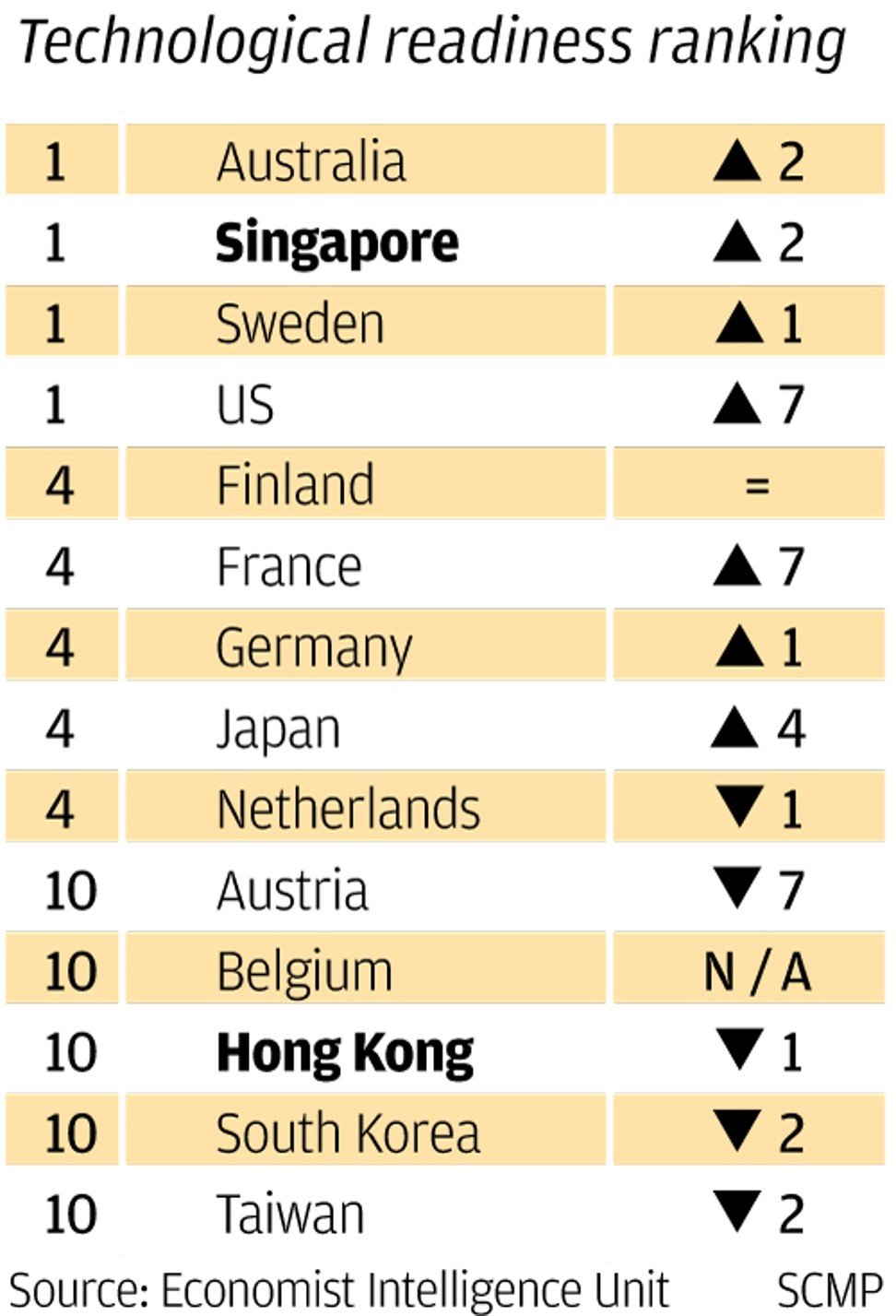
Hong Kong ‘lags Singapore and others’ in preparation for hi-tech future, Economist Intelligence Unit report says, citing failure to invest in R&D
City ranked alongside likes of Belgium and South Korea, while Lion City takes top spot
Hong Kong’s “persistent weakness in research and development” has left it lagging on a list of places best prepared for technological change in the next five years, a new report has said.
A report published by The Economist Intelligence Unit (EIU) on Tuesday placed the city 10th in a technological readiness ranking, alongside the likes of Belgium and South Korea. Regional rival Singapore was joint top with Australia and Sweden.
Hong Kong’s ranking stood in stark contrast to its position as the city with the greatest mobile phone use in 82 of the world’s largest economies, according to the report.

“Hong Kong ranks lower than Singapore, largely because of its persistent weakness in R&D,” said Duncan Innes-Ker, Asia regional director at the EIU. “R&D these days tends to be closely associated with hi-tech manufacturing, and there is little of this in Hong Kong.”
The Hong Kong government’s plans to double R&D spending in its current term of office were a positive signal, but even if Chief Executive Carrie Lam Cheng Yuet-ngor is able to achieve this difficult task it will still leave the territory lagging regional rivals, Innes-Ker said.
Singapore poured 2.2 per cent of its gross domestic product – or US$6.5 billion – into research and development in 2015, the 14th-highest such ratio in the world. Hong Kong did not even make the top 20.
Technology the key to halting the slide of Hong Kong
The Hong Kong government has promised to pump HK$50 billion (US$6.37 billion) into innovation, along with other initiatives in the 2018-19 budget, as the financial hub tries to catch up with other Asian cities in developing innovation and technology.
“[The government] has done quite a number of things, but we are not really catching up as well as we should,” said Charles Mok, an internet entrepreneur and legislator representing the IT sector.
“The reason is the government is still using its ‘old ways’ by continuing to build buildings and parks and hand out funding, but lacking key performance indicators. And it has barely done anything to improve our sustained manpower development, especially when it comes to encouraging local talents.”

In the updated forecast compared with the period from 2013 to 2017, Hong Kong is expected to be a notch higher in the coming five years, making the city the third best prepared for technological disruption in Asia, with Singapore and Japan first and second.
“Technological change is inescapable, and how well prepared governments, businesses and individuals are for disruption is increasingly important,” said Emily Mansfield, country forecast director at the EIU.
Hong Kong will also benefit, the report said, from the “Greater Bay Area” – the central government’s plan to integrate Hong Kong, Macau and nine cities in Guangdong province into an innovation powerhouse, with Hong Kong-Shenzhen seen as the second most inventive cluster of cities in the world.
China’s spending on research and development up 14pc in 2017 to US$279 billion, science minister says
Hong Kong-Shenzhen was the only cluster on the list that was not part of the Organisation for Economic Co-operation and Development, with Japan’s Tokyo-Yokohama the champion, and Silicon Valley in third.
The list of the most dynamic cluster of cities is ranked by data of patent filings through the Patent Cooperation Treaty system, from 2011 to 2015 data.
The report looks at access to the internet, including internet usage and mobile phone subscriptions, the digital economy infrastructure such as e-commerce, e-government and cybersecurity, as well as the government’s openness to innovation.


